Exploring Outboard Motors
Outboard motors stand as a pivotal category in marine propulsion, offering versatility and power for a variety of watercraft. These engines, mounted on the exterior of the boat, provide both propulsion and steering capabilities. Unlike inboard motors that are fixed within the hull, outboard units can be tilted or lifted, facilitating navigation in shallow waters and reducing corrosion risks by avoiding prolonged submersion.
Types and Applications of Outboard Motors
The diversity in outboard motor types caters to different boating needs. Electric outboard motors are gaining traction for their environmental benefits, producing no exhaust and operating quietly, making them ideal for leisurely boating in serene environments. For inflatable boats, specialized lightweight outboards are available, designed for ease of use and minimal maintenance. Trolling motors, another subset of outboards, offer controlled navigation for small vessels, particularly favored by anglers for their quiet operation and precise speed control.
Features and Materials
Modern outboard engines are engineered with a focus on fuel efficiency and reduced carbon emissions. The construction of these motors often involves marine-grade aluminum, stainless steel, and corrosion-resistant composites, ensuring durability and longevity. Advanced models may include features such as variable valve timing and multi-point fuel injection, enhancing performance and efficiency.
Advantages of Outboard Motors
The advantages of outboard motors are manifold. Their external placement on the boat hull allows for easier access for maintenance and repairs. The ability to lift the motor out of the water also decreases the risk of damage from underwater hazards and facilitates transport and storage. Furthermore, the weight distribution of outboard motors can contribute to better boat balance and handling, particularly beneficial for sport boats and high-speed applications.
Choosing the Right Outboard Motor
Selecting the appropriate outboard motor involves considering the vessel size, intended use, and performance requirements. Motors with higher horsepower are suited for larger boats and speed-oriented activities, while those with lower horsepower are adequate for small craft and leisurely pursuits. Prospective buyers should assess the weight, thrust, and energy efficiency of an outboard to ensure compatibility with their boating needs.
Environmental Impact and Efficiency
The shift towards eco-friendly boating practices has led to innovations in outboard motor technology. Electric variants offer a greener alternative to traditional gasoline-powered motors, eliminating fuel dependency and reducing aquatic noise pollution. For those seeking efficiency without compromising on speed, modern drive engines with optimized fuel consumption are available, striking a balance between performance and environmental consideration.
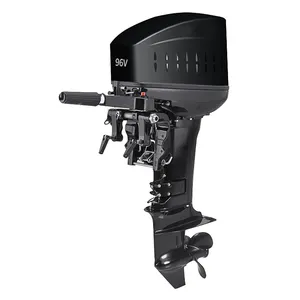
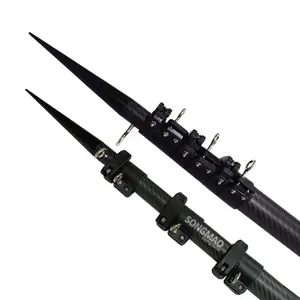











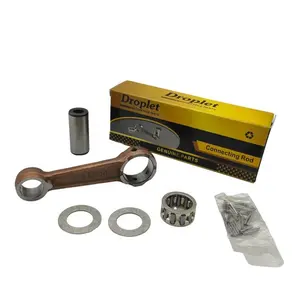

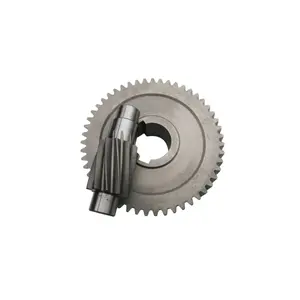

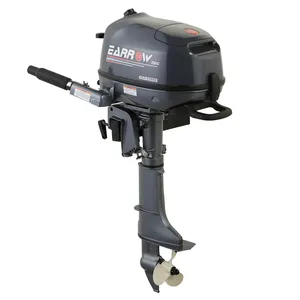
























 浙公网安备 33010002000092号
浙公网安备 33010002000092号 浙B2-20120091-4
浙B2-20120091-4